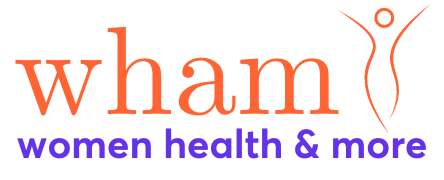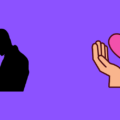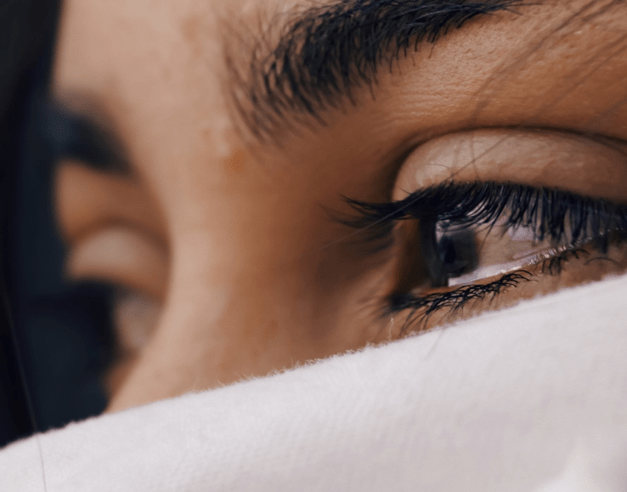
A few weeks ago I got this message from a colleague and friend that revolves around the subject of gender, sexual and relationship diversity:
“I see young women nowadays struggle to understand their sexuality, whether they are hetero, homosexual, bisexual, asexual, pansexual or demisexual…so many terms I did not hear or know about growing up. It seems to me that through the sexual education teens are getting at school, there seems to be an increasing stress due to the need to conform to a particular sexuality. My daughter knows that I would accept her and support her in anything she chooses to be, so that was never an issue, but she has struggled to conform or find her ‘label’ since school years now, and she has seen the same struggle in her peers as well, so it not just her”.
Growing up in a generation of “boomers’ as my daughters affectionately call us, gender identity and sexuality was very structured and binary. You were either gay or straight and identified as male or female. The assumptions were that gender remained the same throughout life based on the external genitalia visible at birth. Moreover, there was an understanding that you were ‘born straight’ or ‘born gay’ and that is normal and healthy to form long-term monogamous couple relationships. Variations from the norm, for example staying single, being transgender or being in non-monogamous relationships were considered as less healthy and at times troublesome.
Over the past decade, research in the area of sexology and sexual medicine indicates that gender and sexual orientation are not rigid and set in stone but more fluid, non-binary and set on a continuum.
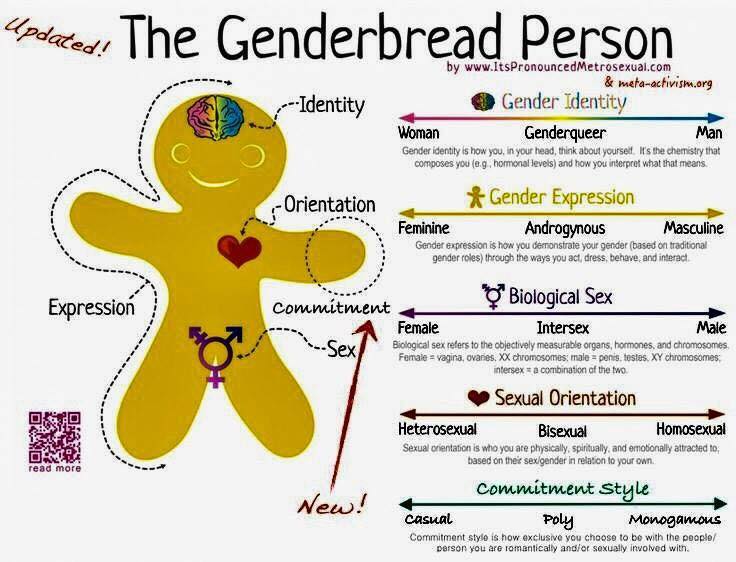
The ‘Genderbread Person’ is a way to understand the diversity involved in gender identity, gender expression, biological sex and sexual orientation. Recently this model included commitment style (relationship diversity) to the other continuums.
Despite its effort to be inclusive this model is still somewhat binary in its description and recently new models were included as part of sex education is schools, the Gender Unicorn being one of these models:
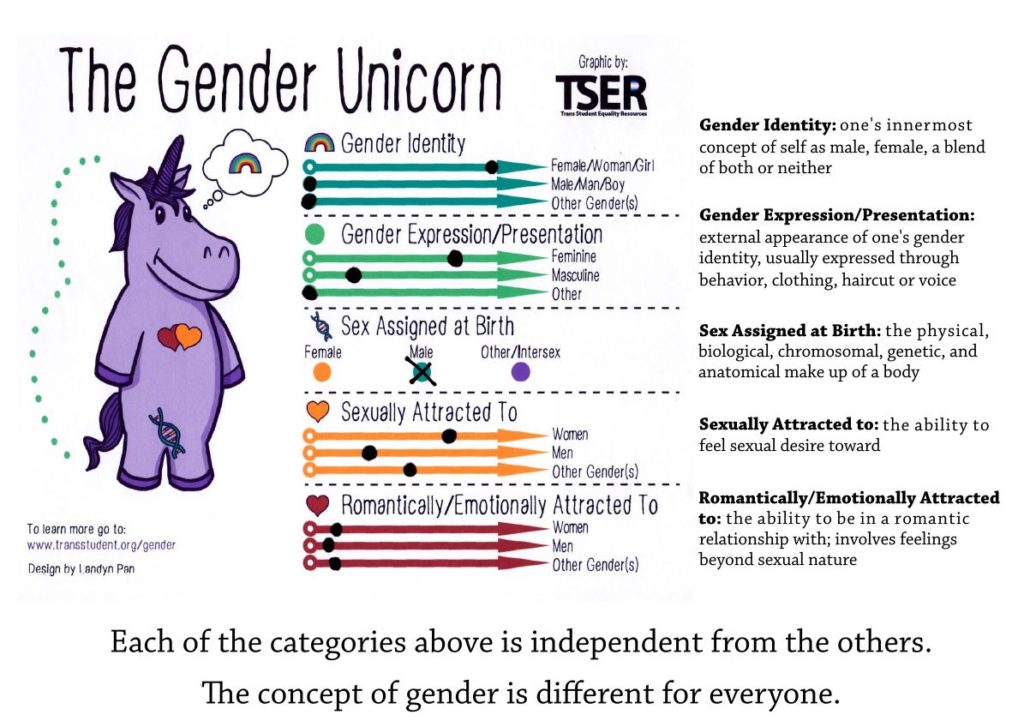
In recent years, studies point to another layer of complexity around the subject of gender, sexual and relationship diversity. These suggest that to understand gender identity and sexual orientation we need to look at what they termed as an intersectionality of identities. This opens up a wider picture to include culture, race, social class, ethnicity, religion, family make-up and physical and mental ability. This can make the process of understanding who we are and what works for us somewhat intricate.
As parents how can we help our kids explore who they are?
Give unconditional love:
Coming out to family and friends is not easy and can be emotional and nerve wrecking. Show your child that you’ll accept and love them for who they are and are willing to learn more and grow in your understanding of their gender identity and sexuality.
Avoid focusing on problems and concerns:
As parents we need to understand that this conversation is not about us. If we are worried about our child being bullied or discriminated because of their gender identity or sexual orientation we need to have faith and slowly deal with these issues, if they arise, over time.
Prepare yourself:
You might already have an idea or a feeling that your child is gay, bisexual or trans. Prepare yourself. There are so many online resources we can tap into. There are also a number of NGO’s that are out there and can help and support you throughout this process.
https://www.gaymalta.com/aboutus
Do you have an experience you’d like to share in relation to gender, sexual and relationship diversity? We’d love to hear from you! Contact us or send us an email at [email protected]
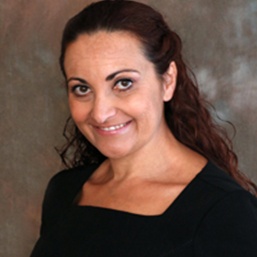
Anna Catania (M.Cons. PG(Dip) Psychosexual and relationship therapy is a warranted counsellor specialised in the area if sex and relationships. She provides counselling to individuals and couples who are having difficulties with sexuality, relationships and intimacy.
Click here to check out Anna’s full bio as well as a list of all her Wham published articles
